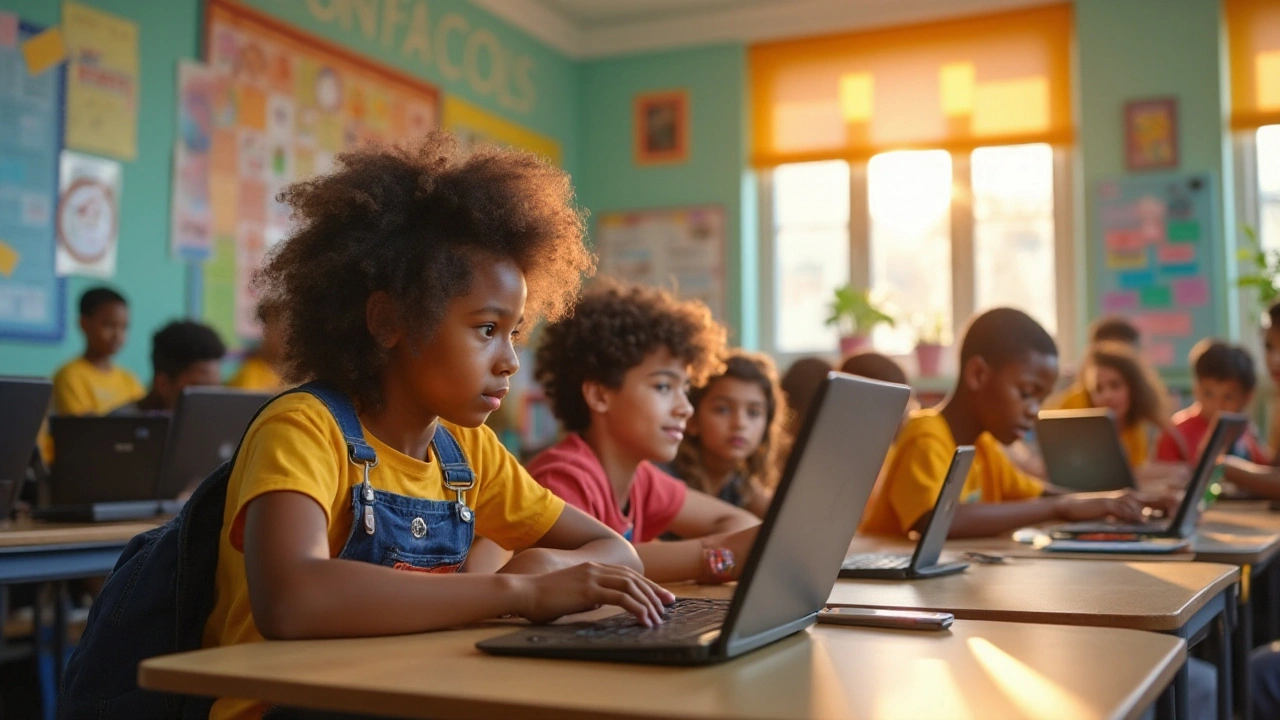Beginner Coding: Simple Steps to Start Programming Today
If you’ve ever wondered how to write a line of code without feeling lost, you’re in the right spot. Coding isn’t a secret club—anyone can learn the basics with the right approach. Below you’ll find the most useful, no‑fluff advice to get you coding in no time.
Why Start Coding Now?
Tech is everywhere, from the apps on your phone to the software that runs a grocery store. Knowing how those tools work opens up better jobs, higher pay, and the ability to create your own ideas. Plus, coding trains your brain to solve problems step by step, a skill that helps in any career.
Most beginners think they need a math degree or years of experience. That’s a myth. All you really need is curiosity and a few minutes each day to practice. The payoff shows up quickly—once you get the hang of basic syntax, you can start building small projects that feel rewarding.
First Steps to Get You Coding
Pick a beginner‑friendly language. Python tops the list because its syntax reads like plain English. You can write a hello‑world program in just two lines, and there’s a huge community ready to help.
Set up a simple workspace. Install the latest version of Python from python.org, then download a free editor like Visual Studio Code. Both are lightweight and work on Windows, macOS, and Linux.
Follow a short, hands‑on tutorial. Instead of watching endless videos, try an interactive guide that lets you type code directly in the browser, such as the "Learn Python" section on the official docs or free resources like Codecademy’s starter pack.
Build a tiny project. Choose something useful for you—maybe a calculator, a to‑do list, or a script that renames files in a folder. The goal isn’t perfection; it’s getting comfortable with writing, running, and fixing code.
Practice debugging early. When your program throws an error, read the message, search the exact phrase, and try to understand why it happened. This habit saves hours later and builds confidence.
Join a community. Sites like Reddit’s r/learnprogramming or Discord servers for beginners let you ask questions, share progress, and stay motivated. You’ll see that many people face the same hiccups, and the answers are often only a few clicks away.
Once you’ve completed your first project, celebrate the win, then add a new feature. Maybe add a graphical interface with Tkinter, or move your script to the web using Flask. Each step adds a layer of knowledge without overwhelming you.
Remember: consistency beats intensity. Even 20 minutes a day adds up to hours of practice each month. Keep a simple log of what you learned—something as easy as a Google Doc or a notebook works—so you can see your progress over time.
With these basics in place, you’re ready to explore other beginner topics like HTML/CSS for web pages, JavaScript for interactive sites, or even introductory data analysis with pandas. The important thing is to stay curious, keep coding, and enjoy the satisfaction of turning ideas into working programs.
Ready to write your first line of code? Open your editor, type print('Hello, world!'), hit run, and watch the magic happen. You’ve just taken the first step on a lifelong learning adventure.

How to Become a Skilled Programmer: Step-by-Step Guide for Beginners
Discover a detailed, hands-on guide for becoming a skilled programmer. Learn practical tips, effective learning paths, and real-world strategies to master coding, from beginner to advanced.

Unlock the Secrets of Coding: A Beginner's Journey into Programming
This article unveils the mysteries of coding, guiding beginners through the essentials of programming in an engaging and light-hearted way. It breaks down intimidating concepts into digestible pieces, offering practical tips and common pitfalls to avoid. By the end of this tutorial, readers will gain the confidence to tackle their own coding projects, armed with newfound knowledge and a spirit of curiosity. The goal is to inspire and empower, making the world of coding accessible to everyone.